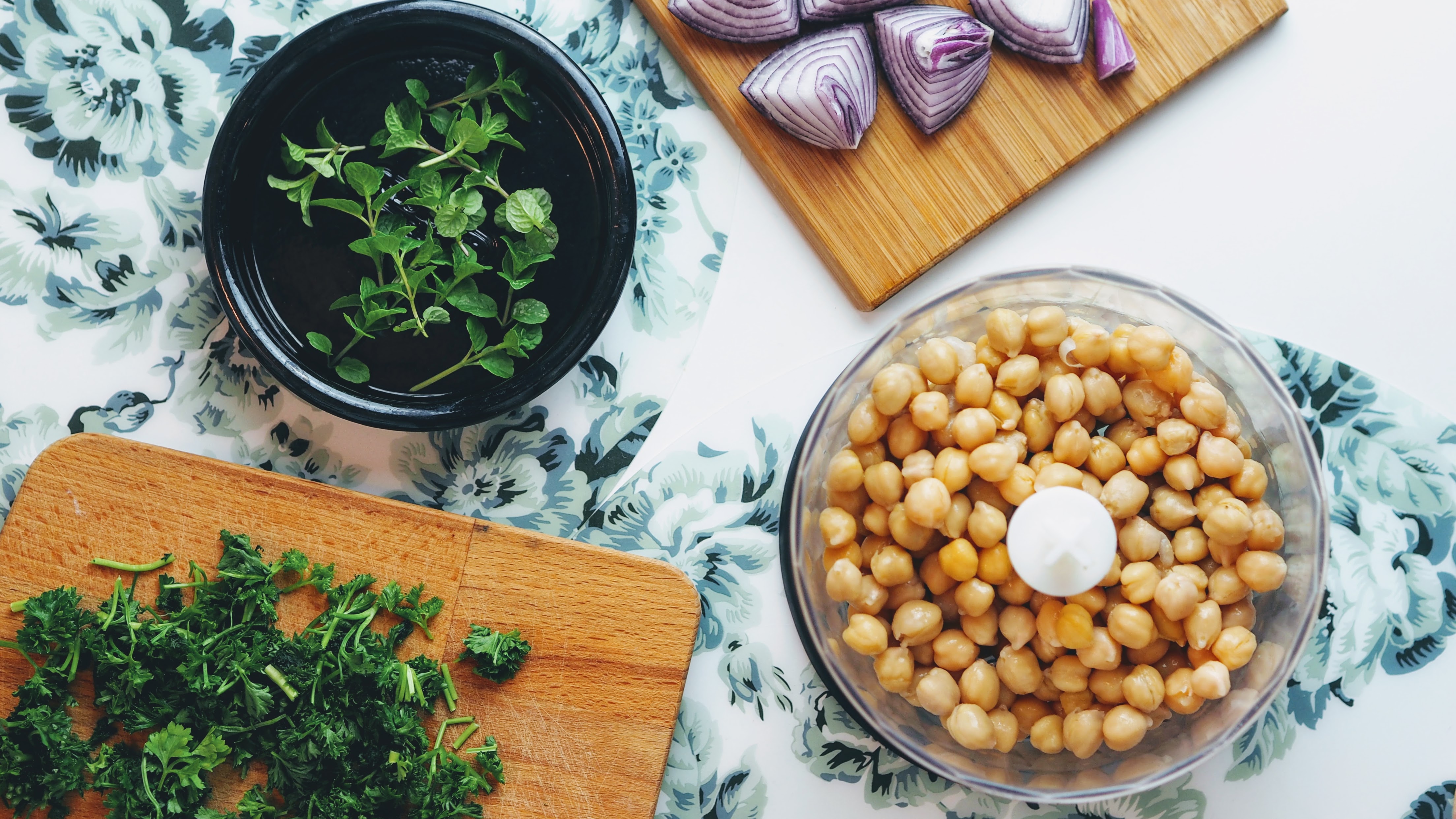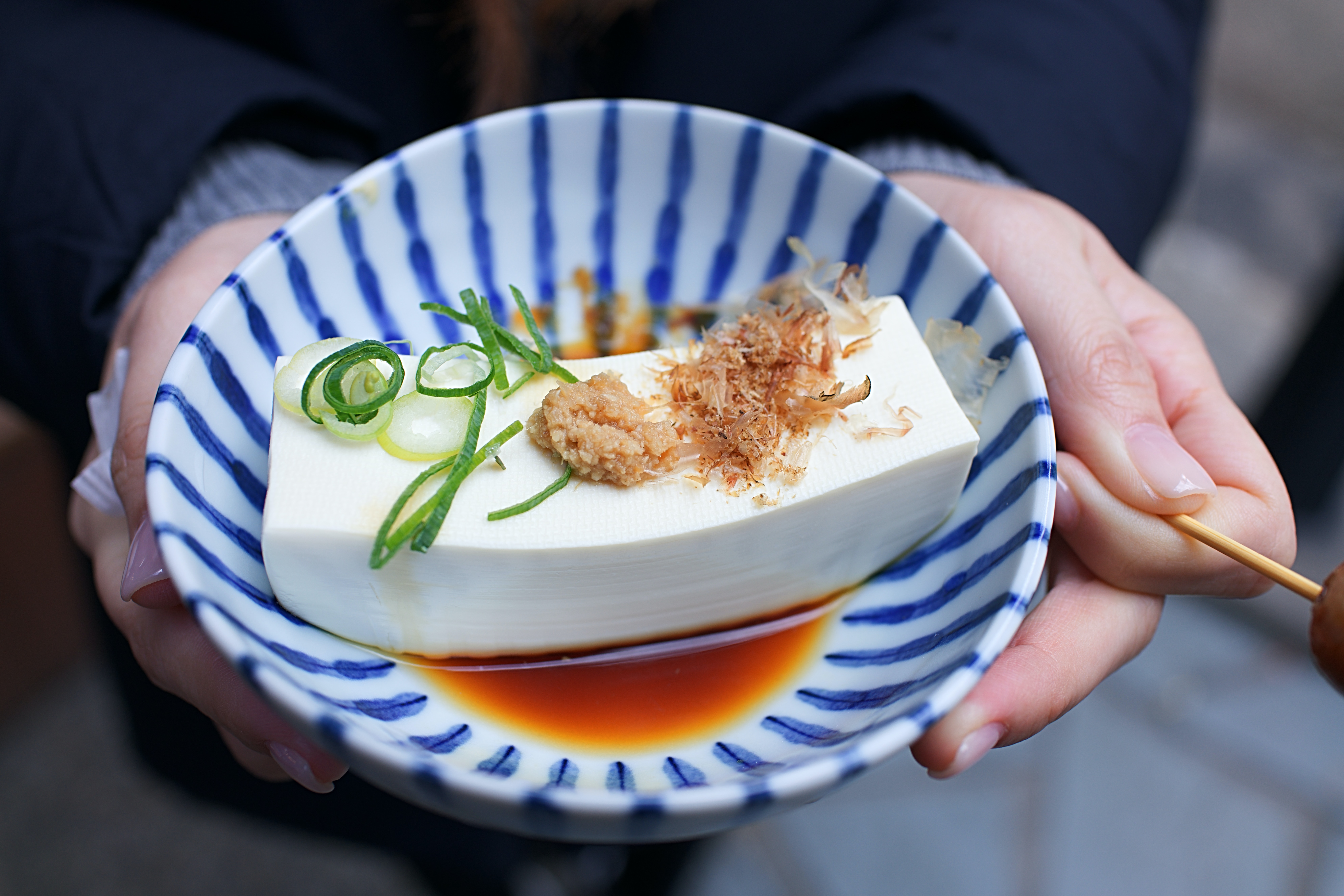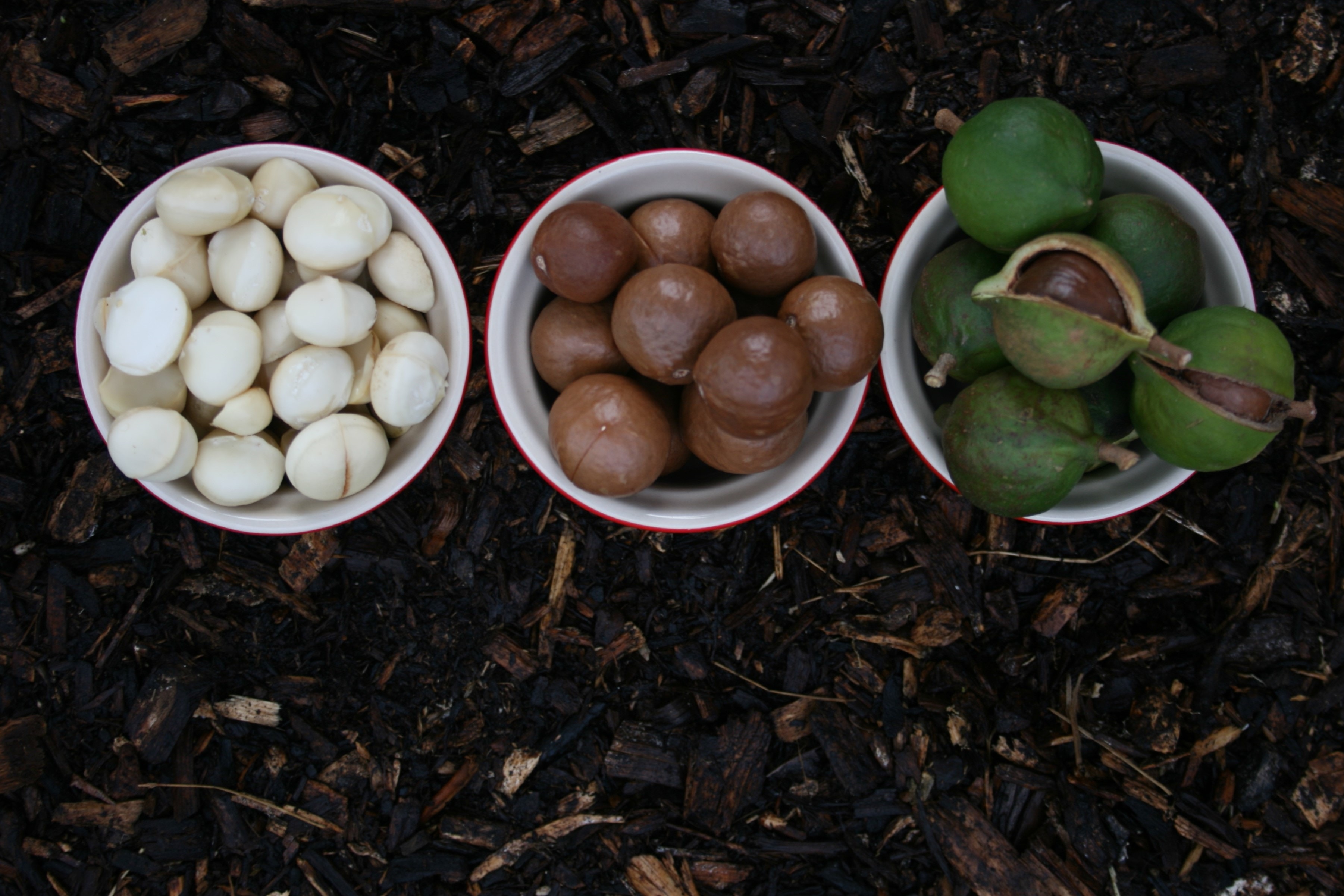Keto for Vegetarians Tips and Meal Plans
Dec 14, 2023
The ketogenic diet, often referred to as "keto," has taken the dieting world by storm due to its potential for weight loss and various health benefits. But what about those who follow a plant-based diet, such as vegetarians? Can they successfully adopt a ketogenic lifestyle? In this article, we will explore the world of "Keto for Vegetarians," providing valuable tips, meal plans, and insights to help plant-based dieters thrive on the keto journey.
Understanding the Vegetarian Keto Diet
The fundamental principle of the keto diet is to induce a state of ketosis, where the body burns fat for fuel instead of carbohydrates. While animal products like meat, fish, and eggs are typical staples in a traditional keto diet, vegetarians can achieve ketosis by focusing on plant-based sources of fats and proteins.

Photo by Natalia Y. on Unsplash
Tips for Success on Vegetarian Keto:
- Embrace Plant-Based Fats:Since animal fats aren't part of the equation for vegetarians, it's crucial to embrace plant-based fats. Avocado, coconut oil, olive oil, and nuts (like almonds and walnuts) are excellent sources.
- Choose Protein Wisely:Opt for vegetarian protein sources that are low in carbs but high in nutrients. Tofu, tempeh, edamame, and plant-based protein products can be your best friends.
- Fiber Is Key:Maintain a focus on fiber-rich vegetables like leafy greens, broccoli, cauliflower, and zucchini. Nuts and seeds, especially chia seeds and flaxseeds, can contribute to your fiber intake.
- Mind Your Macros:Pay attention to macronutrient ratios. The standard keto diet aims for about 70-75% of calories from fats, 20-25% from protein, and only 5-10% from carbs. Adjust these ratios to your dietary preferences.

Photo by Sherman Kwan on Unsplash
Sample Vegetarian Keto Meal Plans
Meal Plan 1: Breakfast
Scrambled eggs with spinach and feta cheese
Avocado slices
Bulletproof coffee (coffee blended with coconut oil and butter)
Lunch
Zucchini noodles with pesto sauce and cherry tomatoes
Grilled halloumi cheese
Mixed greens salad with olive oil dressing
Dinner
Cauliflower crust pizza with tomato sauce, mozzarella, and assorted veggies
Sautéed kale with garlic and olive oil
Snacks
Almond butter on celery sticks
Keto-friendly smoothie with coconut milk, berries, and protein powder
Meal Plan 2: Breakfast
Chia seed pudding made with almond milk
Unsweetened coconut flakes
Green tea with MCT oil
Lunch
Stir-fried tofu with broccoli, bell peppers, and soy sauce
Cabbage slaw with avocado and lime dressing
Dinner
Eggplant lasagna with ricotta cheese and marinara sauce
Steamed asparagus with butter
Snacks
Cucumber slices with guacamole
Cheese and macadamia nuts

Photo by Phillip Larking on Unsplash
The Role of Continuous Ketone Monitoring
Maintaining ketosis is a central goal of the keto diet, and this is where ketone monitor comes into play. Achieving and maintaining ketosis is made effortless with the SiBio KS1 Continuous Ketone Monitoring (CKM) System. The SiBio KS1 CKM integrates user-friendly SiBio app, which provides real-time insights into your ketone levels, reviewing your ketosis trends allows for informed adjustments to your diet, ensuring you stay on the path to keto success.
Conclusion
In conclusion, adopting a vegetarian keto lifestyle is not only achievable but also delicious and diverse. Prioritize plant-based fats, choose low-carb, nutrient-packed proteins, include fiber-rich veggies, and monitor macronutrient ratios for success.
FAQ:
Q: How can vegetarians ensure they get enough fat on a vegetarian keto diet?
A: Vegetarians on a keto diet can incorporate various plant-based sources of healthy fats into their meals. These include avocados, which are rich in monounsaturated fats, and oils like olive oil and coconut oil. Nuts, such as almonds and walnuts, and seeds like chia and flaxseeds, are excellent fat sources as well. Additionally, coconut-based products like coconut milk and coconut cream can be used in cooking and baking to increase fat content deliciously.
Q: Is Olive Oil good for keto diet?
A: Yes, olive oil is an excellent choice for the keto diet. It is rich in healthy monounsaturated fats, which align with the high-fat content recommended in a ketogenic diet. Olive oil is low in carbohydrates and contains no sugar, making it a suitable option for those aiming to maintain ketosis. Additionally, olive oil is a versatile ingredient that can be used in salad dressings, sautéing, and other cooking methods, adding both flavor and healthy fats to your meals.
Q: What are some vegetarian sources of protein suitable for vegetarian keto eaters?
A: Vegetarian keto eaters have a wide range of protein-rich options. Tofu and tempeh are popular choices, offering a substantial amount of protein along with healthy fats. Legumes, such as lentils, chickpeas, and black beans, can be included in moderation as they contain both protein and carbohydrates, so portion control is essential to stay within keto carb limits.
